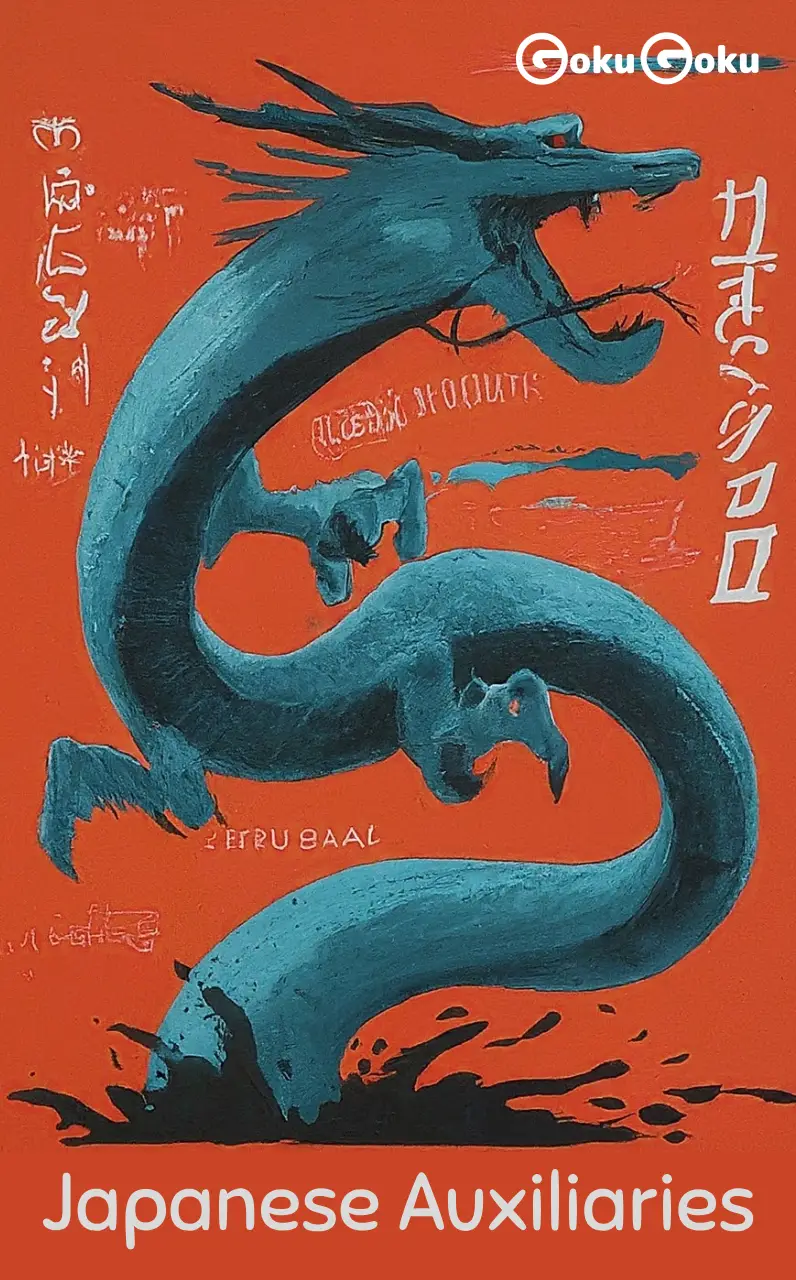ばかり (bakari) Meaning Japanese Grammar - Just Done
Sandro Maglione
Get in touch with me6 min reading time
ばかり is a particle that has many uses and meanings in the Japanese language.
The word ばかり by itself means only, no more than, about, just. However, these meanings are used in Japanese in combination with some verb forms or other particles, which allow each to express one of these translations.
In this post, we are going to see all the various ways of using ばかり in Japanese and the various meanings that each of these expressions assumes.
Just / Nothing but - ばかり
In its basic form, ばかり is used to indicate a condition in which we have so much of something to the point that everything else is as if it didn't exist.
In this way ばかり translates as nothing but ..., but it can in some cases be interpreted as only or just.
This form of ばかり is found after a verb in the te form or a noun:
ばかり can also be found in the following more colloquial forms: ばっかり, ばっか, ばかし and ばっかし
あの人は夢を追いかけてばかり。
That person does nothing but chase her dreams.
As we see from the example, ばかり follows the te form of the verb 追いかける, which means to chase.
The addition of ばかり indicates that this person (人) is so busy with their dreams that everything else becomes non-existent. Therefore in this example ばかり adds a negative nuance to the sentence, as if to say he does just that, how about everything else instead?.
Just done - たばかり
This expression consists in conjugating the verb that precedes ばかり in the ta form (past tense).
This form of ばかり is used to express the end of a situation or action. In this way, the translation of this form becomes just done or just finished.
家を出たばかりだ。
I just left the house.
This example uses the verb 出る go out, conjugated in its ta form:
This verb form followed by ばかり emphasizes the fact that I have just left the house, meaning that the action of leaving the house has just ended.

0:00.00
-1:0-1.00
知り合ったばかりなのにとてもよくしてくれて。
Despite the fact that we had just met, she did a lot for me.
In this sentence taken from the video game Final Fantasy VII: Remake (FF7 リメイク) the form たばかり is used to express the fact that the characters have just met, where 知り合う means to know a person.
Continue to - ばかりだ
This form links to a verb in its basic form followed by ばかり and the copula だ (or で if the sentence continues):
This form indicates that something or some situation is the only one that is happening. In this way, another possible translation is continues to, meaning that something is going on and increasing.
値段が上がるばかりだ。
The price keeps increasing.
In this example we see how the verb used is 上がる increase in its basic form. With the addition of ばかりだ the sentence expresses the idea that the price keeps going, that is, that growing is the only thing that is happening.
Just because - ばかりに
When the particle に follows ばかり the meaning becomes only because ... then, or more literally even only with (A), (B) could have happened.
The form ばかりに follows each word in the attributive form:
財布を忘れたばかりに、お弁当を買えなかった。
Just because I forgot my wallet, I couldn't buy my Bento.
In this example we see how ばかりに indicates that only because the first part of the sentence happened (I forgot my wallet), then it was not possible to perform the action indicated in the second part of the sentence (buy the Bento).
Not only ... but also - ばかりでなく
The form ばかりでなく is used to express the meaning Not only (A), but also (B). This form consists of:
- ばかり
- でなく: Negative conjugated form of the copula だ
The form ばかりでなく follows each word in the attributive form:
You can also find the form ばかりか instead of ばかりでなく
田中さんはサッカーばかりでなく水泳も上手だ。
Tanaka-san is not only good at soccer but also good at swimming.
In this example we see how ばかりでなく is in the middle of the sentence to indicate that 田中 Tanaka (first name) is not only good at football (サッカー, soccer) but also swimming (水泳).
Examples of ばかり in Japanese
先生はいつも怒ってばかりいる。
The teacher does nothing but getting angry all the times.
Similar grammar points in Japanese 📚

